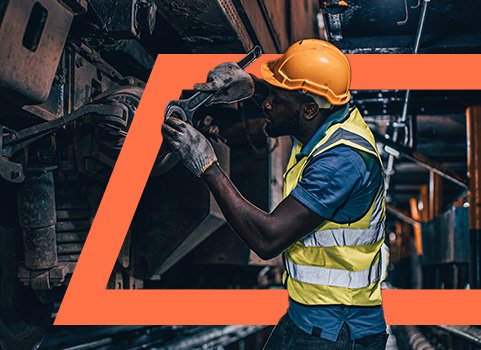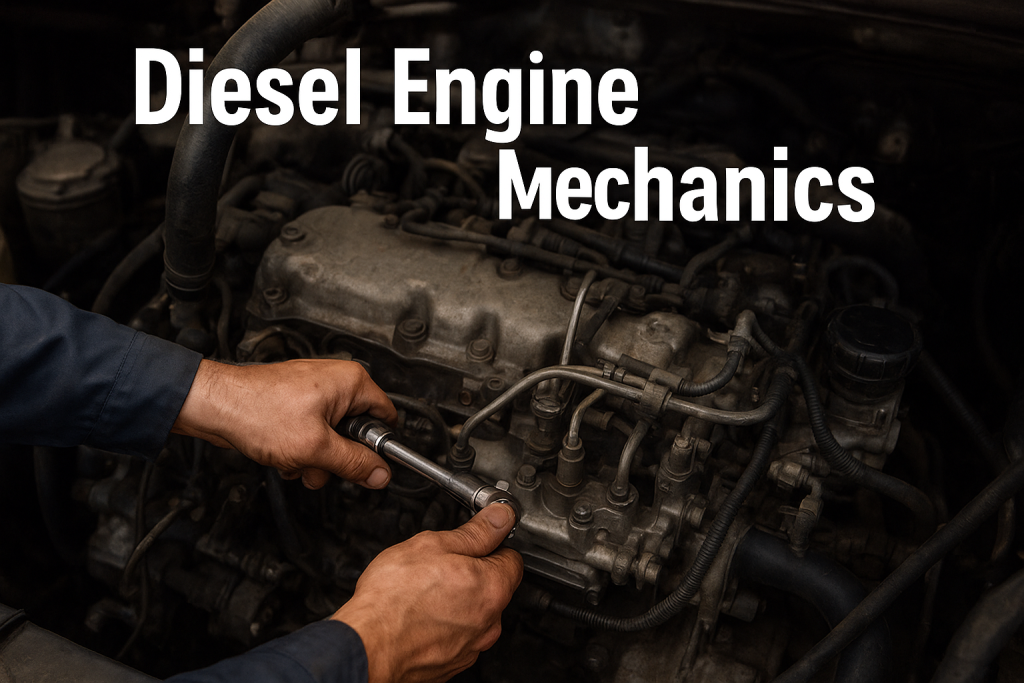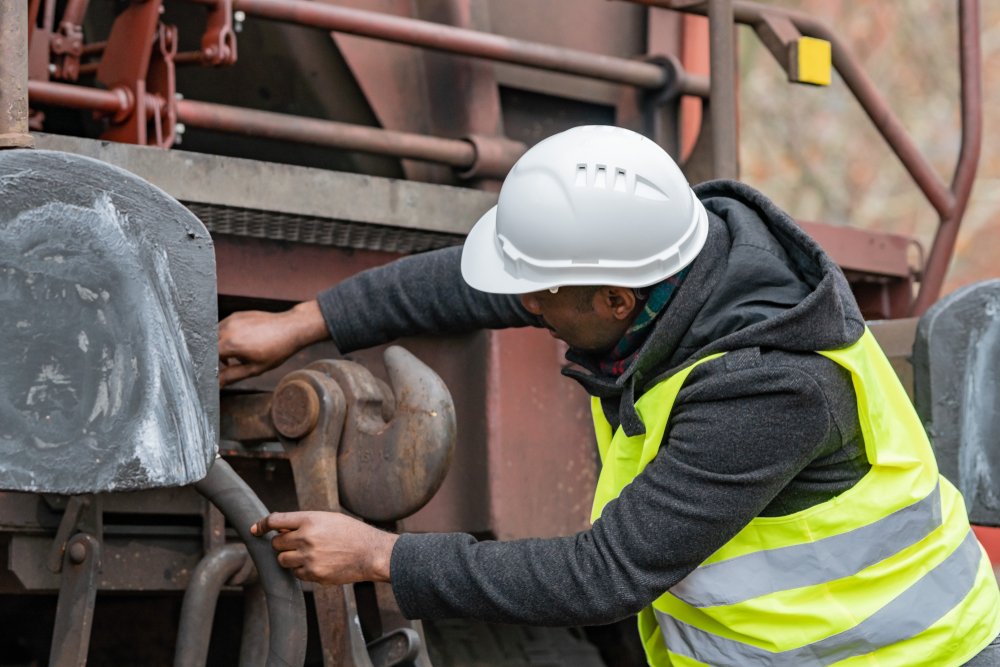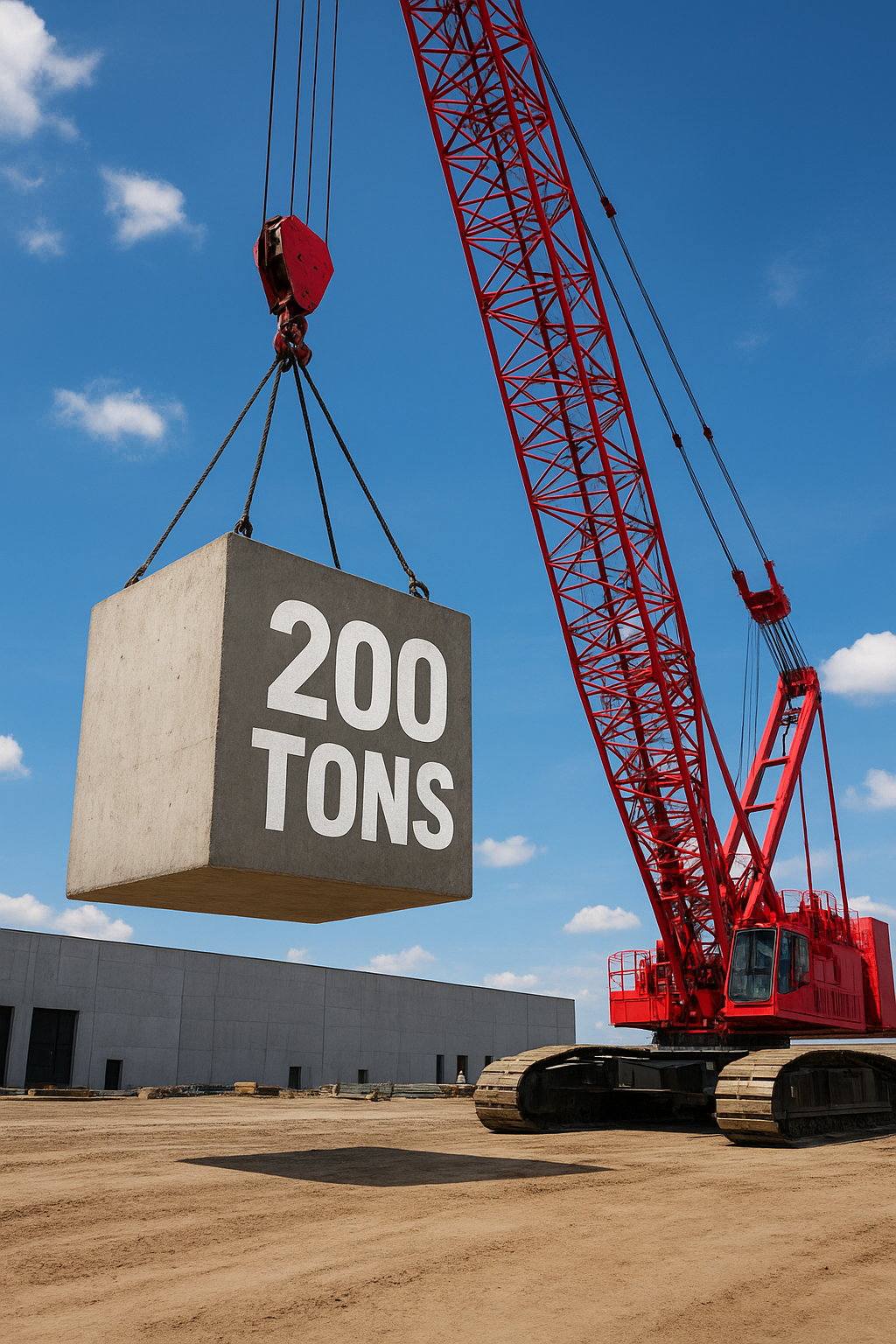Diesel Engine Mechanics: Thinking About Diesel Engine Mechanics
Diesel mechanics is not just about repairing engines. It’s a skill, a career, and for many, a gateway to better opportunities. Maybe you want to work with heavy equipment, trucks, marine engines, generators, or even start your own workshop someday.
Whatever your reason, understanding diesel engines is your first step. Let’s break it down in a way that’s simple, real, and beginner-friendly.
What Exactly Is Diesel Engine Mechanics?
Diesel engine mechanics is all about understanding how diesel engines work, how to maintain them, how to diagnose problems, and how to repair them.
While petrol engines use spark plugs for ignition, diesel engines work differently. They rely on compression – and that alone changes how everything works.
As a diesel mechanic, you learn how to:
• Inspect engines and parts
• Diagnose issues (like smoke, knocking, overheating, hard starts)
• Repair or replace worn-out components
• Maintain systems like fuel, cooling, lubrication, air intake, and exhaust
• Use tools and diagnostic equipment safely and accurately

Even if you’re completely new, don’t worry – everyone starts somewhere.
Why Diesel Engines Matter (And Why Learning This Skill Pays Off)
You may not realize it, but diesel engines power most of the things that keep our world moving:
Trucks and trailers
Buses and public transport
Construction machines (excavators, graders, dozers)
Farming equipment
Marine vessels
Backup generators
Mining and industrial machinery
That means one thing: diesel mechanics will always be needed. As long as diesel engines exist, there will be jobs, businesses, and opportunities.
And the best part? You don’t need a university degree to enter this field. You need interest, hands-on learning, and consistent practice.




